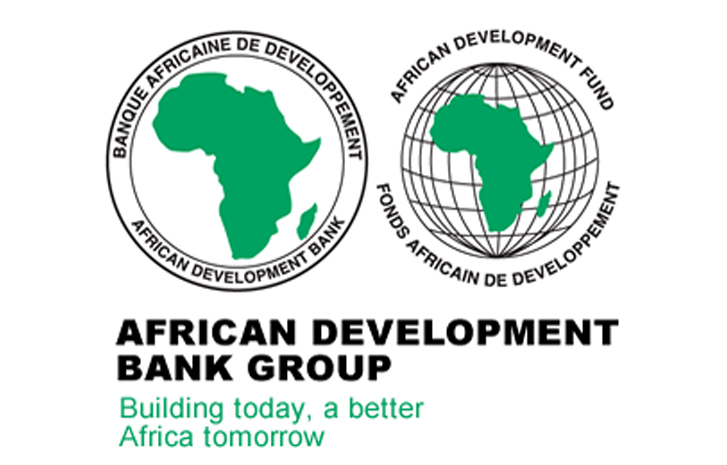
The Board of Directors of the African Development Bank (AfDB) has reportedly approved an equity investment of €9.8 million to support venture capital investments in African start-ups, from seed to growth stages, particularly in the tech sector.
Of the equity investment, €7 million would be sourced from the African Development Bank’s resources while the additional €2.8 million would be provided by the European Union (EU) through a partnership with the Organisation of African Caribbean and Pacific States (OACPS).
The investment would help Cathay-AfricInvest Innovation Fund meet its target of securing €110m to invest in over 20 early-stage ventures across sub-Saharan Africa (SSA).
Register for Tekedia Mini-MBA edition 19 (Feb 9 – May 2, 2026): big discounts for early bird.
Tekedia AI in Business Masterclass opens registrations.
Join Tekedia Capital Syndicate and co-invest in great global startups.
Register for Tekedia AI Lab: From Technical Design to Deployment (next edition begins Jan 24 2026).
The Innovation Fund focuses on financial inclusion, financial tech and insurance tech, retail and logistics platforms targeting online/mobile consumers, healthcare technologies, pay-as-you-go ecosystem and off-grid energy technologies.
This was disclosed by the AfDB in a press statement issued to the public by its Management in April, 2022.
More recently, the Innovation Fund has expanded its focus to include start-ups that are harnessing new digital opportunities, created as a result of the Coronavirus disease (COVID-19) pandemic, or with high potential to help fight the scourge.
It’s noteworthy that the Mauritius-based Fund is jointly sponsored by AfricInvest Capital Partners and Cathay Innovation SAS.
The AfDB’s Director for Financial Sector Development, Stefan Nalletamby said, “The Bank’s approval is another milestone in the implementation of the Boost Africa Program and its partnership with the EU, OACPS and the European Investment Bank.
“It signals the importance given to tech-enabled high growth entrepreneurs on the continent and the key role of AfricInvest and Cathay Innovation in supporting this key business segment in Africa to achieve Africa’s growth, transformation and integration objectives.”
In its current pipeline, over 40 per cent of projects cover more than one African region. Roughly another third of the start-ups it invests in are in West Africa. A quarter of investee start-ups are in the health care sector.
Other investors include German KfW/Allianz GI’s AfricaGrow, public investment bank BPI and development finance institution Proparco, both of France, and Swiss impact investor Obviam.
The Bank’s investment is expected to accelerate the creation of a new class of successful African entrepreneurs that would serve as a model to younger innovators. It would also support youth and women-led start-ups and increase access and inclusion to financial and ‘real sector’ services and goods through appropriate technology and innovation.
Although venture capital firms invested $2 billion in African tech in 2019, a 73 per cent increase over the previous year, funding from this source for innovative start-ups remains very low in Africa. In addition very few venture capital funds focusing on early-stage tech start-ups have successfully closed rounds.
The AfDB investment aligns with the Boost Africa programme goals to enhance entrepreneurship and innovation across Africa, create new and quality jobs for young Africans, and contribute to developing an efficient entrepreneurial ecosystem in Africa.
Boost Africa, a collaboration between AfDB, EU, Organization of African Caribbean and Pacific States (OACPS) and the European Investment Bank (EIB), provides financial support to investment funds that target early-stage innovative enterprises across Sub-Saharan Africa.
The various start-ups on the African continent, are therefore, enjoined to leverage the overwhelming advantage of this lofty and laudable gesture, as presented by the AfDB. It’s no longer news that tech start-ups are found at every corner within the shores Africa, particularly Nigeria, hence they must ensure this rare opportunity doesn’t pass them by.
The concerned authorities involved in the process as regards accessing the funds are equally urged to ensure the initiative remains transparent and fair to all-concerned as long as the exercise lasts.
There should also be optimum information dissemination and orientation among the target beneficiaries, to enable each of them to acknowledge what is expected of their respective firms as prerequisite to accessing the said funds.



